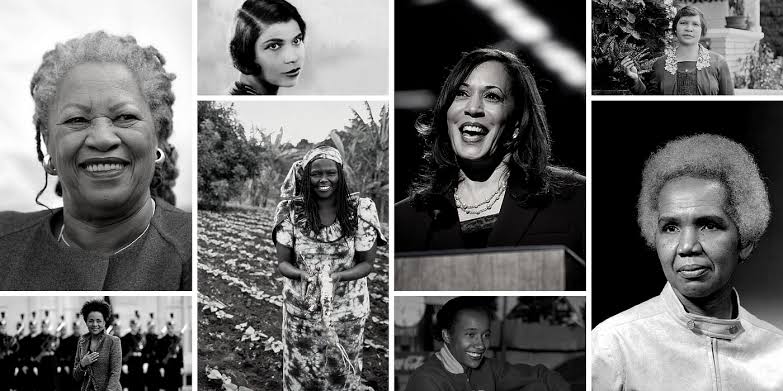African American women have played a crucial role in shaping the political landscape of the United States. Their contributions have paved the way for future generations, breaking barriers and challenging the status quo. Here are five African American women who have made significant impacts in politics:
1. Shirley Chisholm
Pioneering Politician and Educator
Shirley Chisholm made history in 1968 as the first African American woman elected to the United States Congress. Representing New York’s 12th congressional district, Chisholm was a trailblazer who championed the rights of women and minorities. Her boldest move came in 1972 when she became the first African American woman to seek the nomination for President of the United States from a major party. Chisholm’s campaign slogan, “Unbought and Unbossed,” highlighted her independence and commitment to fighting for social justice.
Impact:
– Advocated for child welfare, education, and employment opportunities.
– Co-founded the National Women’s Political Caucus in 1971.
– Inspired future generations of women and minorities to pursue political office.
2. Kamala Harris
First Female Vice President of the United States
Kamala Harris made history in 2020 by becoming the first female, first African American, and first South Asian Vice President of the United States. Before her vice-presidential role, Harris served as the Attorney General of California and a U.S. Senator for California. Her career has been marked by her focus on civil rights, criminal justice reform, and public safety.
Impact:
– Worked on criminal justice reform, including the First Step Act.
– Advocated for DREAMers and comprehensive immigration reform.
– Played a crucial role in shaping COVID-19 policy and response efforts.
Also, read; Haitian-Trinidadian Streamer Kai Cenat Breaks Twitch Viewership Record
3. Barbara Jordan
Trailblazing Congresswoman and Civil Rights Leader
Barbara Jordan was the first African American woman elected to the Texas Senate and the first Southern African American woman elected to the U.S. House of Representatives. Jordan gained national recognition for her eloquent and powerful speech during the impeachment hearings of President Richard Nixon. Her work in Congress focused on ethics in government, civil rights, and social justice.
Impact:
– Delivered the keynote address at the Democratic National Convention in 1976.
– Championed the Voting Rights Act Extension in 1975.
– Advocated for the rights of the underprivileged and marginalized communities.
4. Maxine Waters
Influential Congresswoman and Advocate for Social Justice
Maxine Waters has served as a U.S. Representative for California since 1991. Known for her outspoken and tenacious nature, Waters has been a strong advocate for social justice, economic equity, and civil rights. She is the first woman and first African American to chair the House Financial Services Committee.
Impact:
– Advocated for affordable housing and financial regulation.
– Played a key role in the Dodd-Frank Wall Street Reform and Consumer Protection Act.
– Vocal critic of racial and economic inequalities, consistently pushing for reforms.
5. Stacey Abrams
Political Activist and Voting Rights Champion
Stacey Abrams gained national attention during her 2018 campaign for Governor of Georgia, where she became the first African American woman to be a major-party gubernatorial nominee in the United States. Though she narrowly lost the election, Abrams continued her work in politics by focusing on voter rights and combating voter suppression through her organization, Fair Fight Action.
Impact:
– Registered hundreds of thousands of new voters in Georgia.
– Played a significant role in flipping Georgia blue in the 2020 presidential election.
– Continues to advocate for fair voting practices and policies nationwide.
Conclusion
The contributions of these five African American women have had a profound impact on American politics. Their courage, dedication, and relentless pursuit of justice have not only broken barriers but also paved the way for future generations of leaders. Their legacies serve as a testament to the power of resilience and the importance of representation in political spaces.

